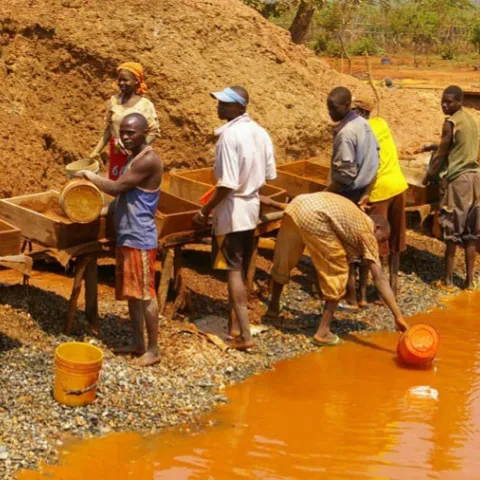
Zambia’s opposition Socialist Party leader, Fred M’membe, has criticized President Hakainde Hichilema’s foreign policy stance, arguing that his alignment with Western powers has not benefited the country.
M’membe’s remarks come in the wake of the Trump administration’s decision to freeze aid to Africa, which he describes as a "wake-up call" for Zambia and the continent. He says the move highlights the need for African nations to focus on self-reliance and prudent management of their own resources.
"We have constantly guided Mr. Hichilema on how to deal with the West’s insatiable appetite for our minerals and natural resources, but he never listens," M’membe said in a statement.
The Socialist Party leader also called for the closure of the United States Africa Command (AFRICOM) office in Lusaka, which he claims does not serve Zambia’s interests. He warned that its presence could further isolate Zambia diplomatically and pose long-term security risks.
In addition, M’membe criticized Hichilema’s stance on Western Sahara, accusing him of aligning with Western interests by recognizing Morocco’s sovereignty over the disputed territory. He said this decision contradicts Zambia’s historical support for oppressed nations and the principles of self-determination.
M’membe urged the president to "rearrange Zambia’s foreign policy" and realign the country with "global progressive forces" that prioritize justice and sovereignty.
The Zambian government has yet to respond to M’membe’s comments.
Hichilema’s government has maintained that its international engagements are aimed at fostering economic development and strengthening diplomatic ties. However, critics argue that closer Western partnerships have not yielded significant benefits for ordinary Zambians.
The opposition has also voiced concerns about the country’s strategic positioning in an increasingly multipolar world, where China, Russia, and other global players are competing for influence in Africa.
As the debate continues, analysts suggest that Zambia may need to reassess its foreign policy approach to balance national interests with international partnerships.









